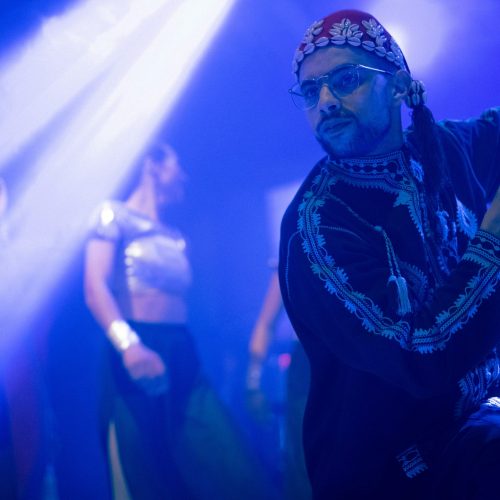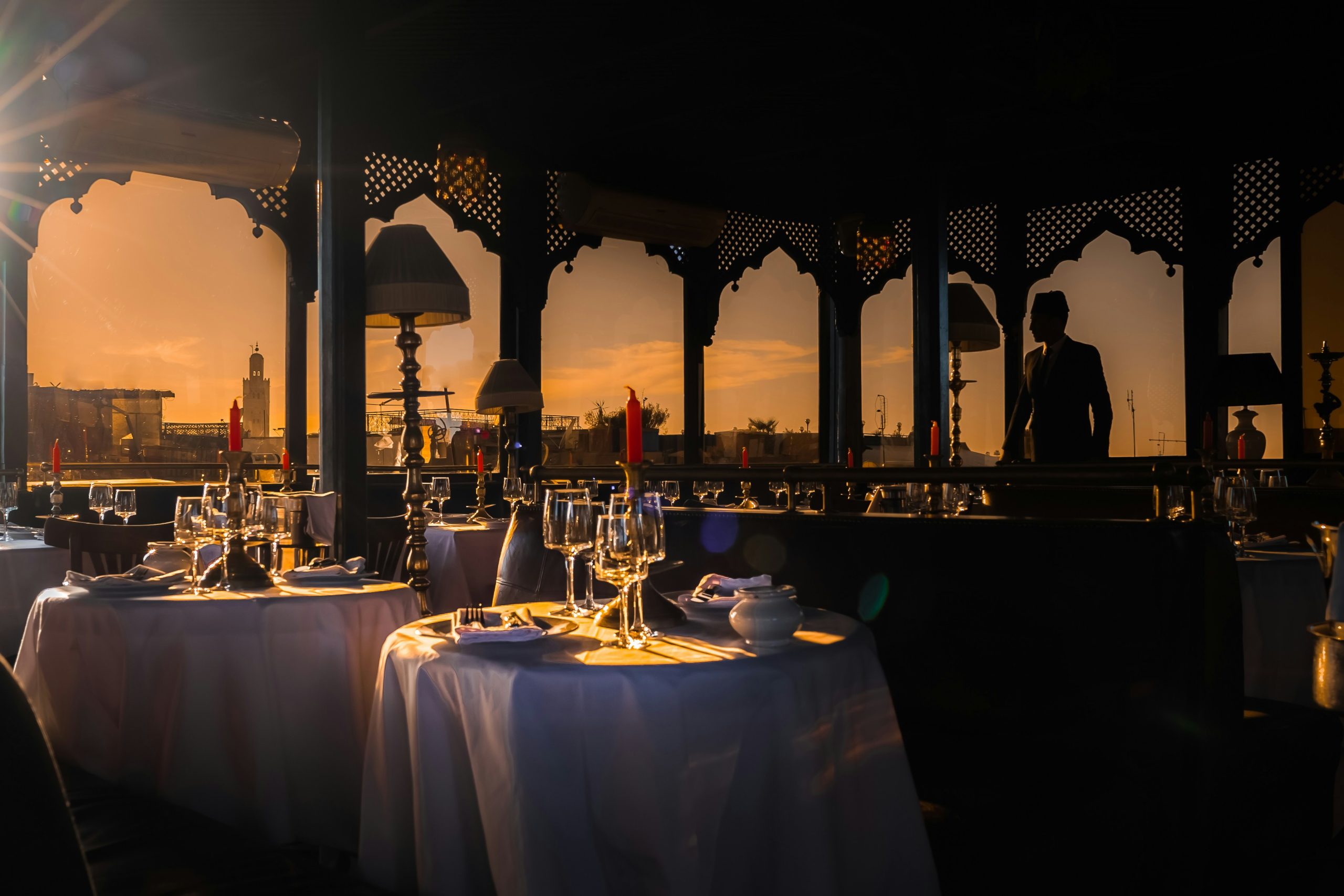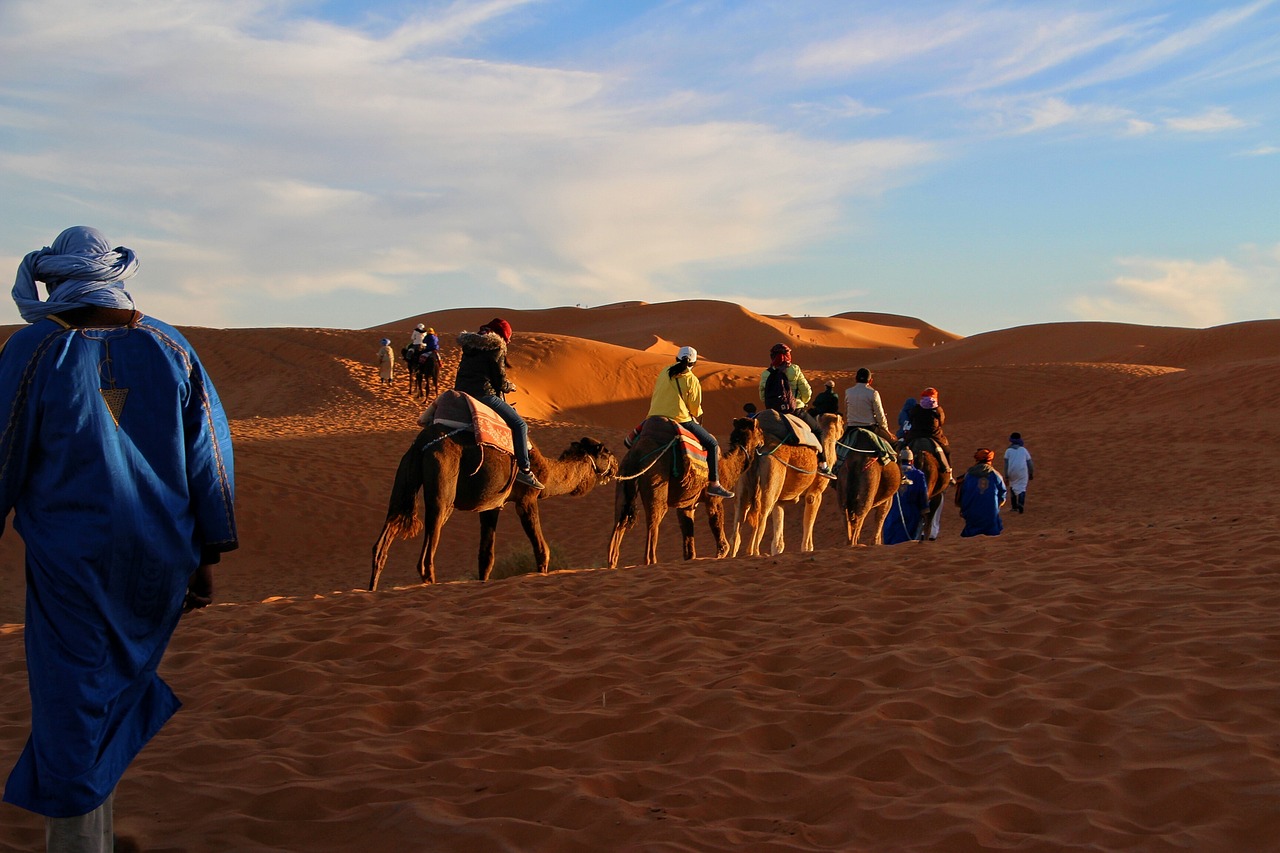
Morocco International Events
Morocco International Events: Throughout the year, Morocco plays host to several festivals that attract visitors from all over the world.
These celebrations range from feasts and celebrations tied to the agricultural or Islamic calendar to regional moussems, which are festivals dedicated to local holy men (known as marabouts) and exhibit a fascinating synthesis of Islamic Sufism and traditional Berber beliefs.
Every month of the year offers a unique experience in Morocco. This schedule of celebrations in Morocco is a great resource for travelers in search of such occasions.
Dates of cultural events, such as festivals, sporting contests, and religious holidays, are listed for all of Morocco or selected regions within the country.
Discover the feasts and the festivals, month by month. | Morocco Events
Morocco’s two January New Year celebrations attract attention. West World celebrates on the 1st. That day, Moroccans rest during national holidays after partying. Two weeks later, January 12th and 13th is the most unusual New Year’s celebration. Morocco’s Berber community starts harvesting on Yennayer, the Amazigh New Year. Today, Agadir, Tiznit, and other Moroccan cities celebrate. Middle Atlas Berbers chant, dance, and make couscous to ensure a successful crop.
Morocco celebrates independence from France on January 11th. On January 11, 1944, the Moroccan Independence Party sent France a manifesto demanding independence. Despite being rejected, the Proclamation of Independence embodied Morocco’s nationalist struggle. It’s a national holiday in Morocco.
Almond Blossom Festival in Morocco, in February, is very popular. Tafraoute, Morocco’s almond capital, traditionally has a small agricultural fair to market almond products and celebrate the harvest. The festival moved from Tafraoute to Valle Dei Tempi due to its popularity. The harvest festival became a Berber folklore festival with music, dance, and drama. Market stalls and stage acts compete with the blossoming almond trees in the valley’s ancient Roman ruins.
Morocco has two major March events. The International Nomads Festival, 60km south of Zagora, celebrates the nomadic lifestyle. It showcases local, national, and international poetry, music, dance, storytelling, and handicrafts. Conferences and workshops discuss nomadic lifestyle, agriculture, environmental protection, education, and more. Here, you can cook and do traditional sports.
The Marrakech Biennale showcases avant-garde contemporary art, literature, and film, great for art lovers. The 2-year, 1-month event addresses societal concerns and bridges cultures via the arts. It begins in March and finishes in late April or early May. A Morocco festival highlight, it includes a main visual arts exhibition, numerous art installations, lectures, film screenings, and debates!
April is culturally diverse. The Marathon des Sables (Sand Marathon), which lasts 10 days, is one of its most unusual events. The world’s toughest footrace, this 6-day marathon in the Sahara Desert covers 251km (156 mi). It’s challenging! However, applications fill rapidly, so apply early.
Morocco in April offers much for non-athletes. Fez hosts the annual Sufi Music & Cultural Festival for eight days. The festival showcases poetry, videos, music, dance, and artwork by Sufi religious leaders and international artists in appreciation of Sufi spirituality and music. Sufism scholars address human rights, cultural diversity, and international peace here.
The Merzouga World Music Festival, held in the middle of April among the towering dunes of Erg Chebbi, is another exciting event to look forward to. This one-of-a-kind festival has performers from all over the world, including painters, dancers, and musicians. The kids love the athletic activities that are part of the day.
Some of the most well-known events in all of Morocco take place during May, making it a prime time for the country’s cultural agenda. The Festival of World Sacred Music is held annually in Fez and attracts artists, academics, and culture vultures from all over the globe. Free music, a film festival, and a debating forum fill the weeklong celebration.
In honor of the season’s rose crop, Morocco hosts one of the most visually appealing festivals: the Festival of Roses. Located roughly 50 miles north of Ouarzazate in a village also known as the Valley of Roses, El Kelaa M’Gouna hosts this annual event. Most of Morocco’s rose water, a key ingredient in Middle Eastern cuisine, comes from this region. Delicious food vendors, live Berber music and dance, and a procession of floats can all be found along the winding lanes of El Kelaa M’Gouna’s souk.
Rabat also hosts the Mawazine (Rhythms of the World), a more contemporary festival. Headliners in the past have included Kylie Minogue, Elton John, and Whitney Houston, and the festival takes up Morocco’s capital across eight stages to do so. A growing number of Moroccan performers are also getting their big break at this year’s festival.
Ramadan. The Islamic holy month of Ramadan is widely observed throughout Morocco. During the day, when most people are fasting, you may notice fewer people out and about if you travel then. Visitors are not expected to fast, however, it is considered inappropriate to consume alcoholic beverages or tobacco products in public while the sun is still up. Celebratory evenings and the opportunity to break your fast (iftar) with locals make the month of Ramadan a once-in-a-lifetime chance to visit a Muslim country. Each year has different dates.
In June, the gorgeous seaside town of Essaouira hosts the Gnaoua World Music Festival, a great event for those interested in learning more about Morocco’s eclectic past. The event lasts for four days, during which time the Gnaoua people and their ancestors are honored for their global contributions. More than 500,000 people come to the festival each year to hear live music and dance performances, as well as participate in discussions with the artists.
Marrakech du Rire is a 5-day international comedy festival that everyone interested in having a good time can check out. Throughout the city, you can catch performances from comic royalty and up-and-coming acts at any number of fantastic locations. Performers typically use French and/or Arabic in their shows.
The coastal cities of Morocco come to life with a wide variety of celebrations when the summer heat of July sets in. The Timitar Music Festival in Agadir is one of the best-known. Over 40 performers from all over the world perform at this festival to spread awareness of the Amazigh culture.
Asilah, normally a sleepy beach village, sees hundreds of thousands of tourists flock there for the International Cultural Festival. Many artists come to the medina to exhibit their work and create murals on the city’s historic buildings. However, the highlight of the trip is a three-day horse festival that culminates in a Moroccan fantasia (an ancient display of equestrian skill).
The Feast of the Throne is a Moroccan holiday commemorating the coronation of His Majesty King Mohammed VI on the 30th of July. People from all walks of life congregate in the streets to watch fireworks and participate in parades on public holidays.
In August, the festivities continue with two major festivals that aim to celebrate and exhibit the best of Moroccan culture. Free and open to the public, the Tafraoute Summer Music Festival runs for three days in Trafraoute and features bands, musicians, and artists from all around Morocco. El Jadida has a wonderful religious and cultural celebration called Moussem Moulay Abdellah Amghar in honor of the Sufi Saint Abdallah Abou Lmahasin Mohammed Amghar. Over half a million people show up to experience the full range of Moroccan folk art, from fantasia shows to traditional orchestras, songs, and dances.
Tangier’s annual Tanjazz Festival kicks off the festivities in the city in early September. In this three-day event, local talent and international superstars share the stages of Tangier. Tangier is home to numerous dance and music workshops for all skill levels. However, this month’s Imilchil Marriage Festival is a must-visit for time travelers. This annual Berber ritual is meant to facilitate the introduction of young men and women from different local tribes for marriage. Attendees are welcome but should use discretion if they wish to see the ceremonies.
While October brings cooler weather, it doesn’t mean the party stops! Erfoud’s Dates Festival ushers in the new season with religious rites, a parade of traditional dress, camel races, and, of course, music and dance in honor of the season’s dates harvest. MOGA is an electronic music event that will be held for the first time in Essaouira in 2016. In addition to the nocturnal performances showcasing some of Africa’s top electronic music performers, your ticket will also grant you admission to a variety of daytime events, such as musical brunches, beach parties, and digital video installations.
The Taragalte Festival is a peace and nomadism celebration held at the end of the month in the Sahara Desert. Enjoy three days of music, dancing under the moon, and thought-provoking talks on topics such as environmental conservation, peace, and stability on the sand dunes.
The 18th of November marks Independence Day in Morocco, and the world is watching. On this day in 1944, King Mohammed V of Morocco declared the country’s independence from its former colonial masters France and Spain. Today, festivities include parades filled with brightly colored costumes and street vendors selling regional specialties.
If you only have time for one festival in Morocco, make it in December at the Tan Tan Moussem. More than 30 different tribes from southwest Morocco and other parts of northwest Africa gather here annually to celebrate their religions, share stories, dance, and race camels.
The Marrakesh International Film Festival takes place in the middle of the month, to recognize the best of Moroccan cinema in many different categories. Beginning at 11 a.m. every day of the festival, Jemaa el Fna Square will play host to film screenings.
And a trip to Morocco is the perfect way to round out the year. Here, New Year’s Eve is celebrated with a night beneath the stars in the Sahara Desert.
When it comes to North African countries, Morocco is among the top contenders for hosting major international or mega-scale sporting events. Perhaps because the King, his subjects, and the administration were all avid sports enthusiasts, the country made huge investments in organizing major sporting events like football games, marathons, and tennis tournaments. Also, they’ve put money into sports to attract tourists. With this in mind, it’s clear that putting money into hosting international sporting events is a great way to position one’s country for success in the global sporting arena.
Morocco has played home to some prestigious international events over the years, including the 1988 African Cup of Nations, the 2013 and 2014 FIFA Club World Cups, the 2018 and 2022 African Nations Championships, and the 2022 FIFA Club World Cup. Since football is the most popular sport in the country, it is the focus of most of the events.




